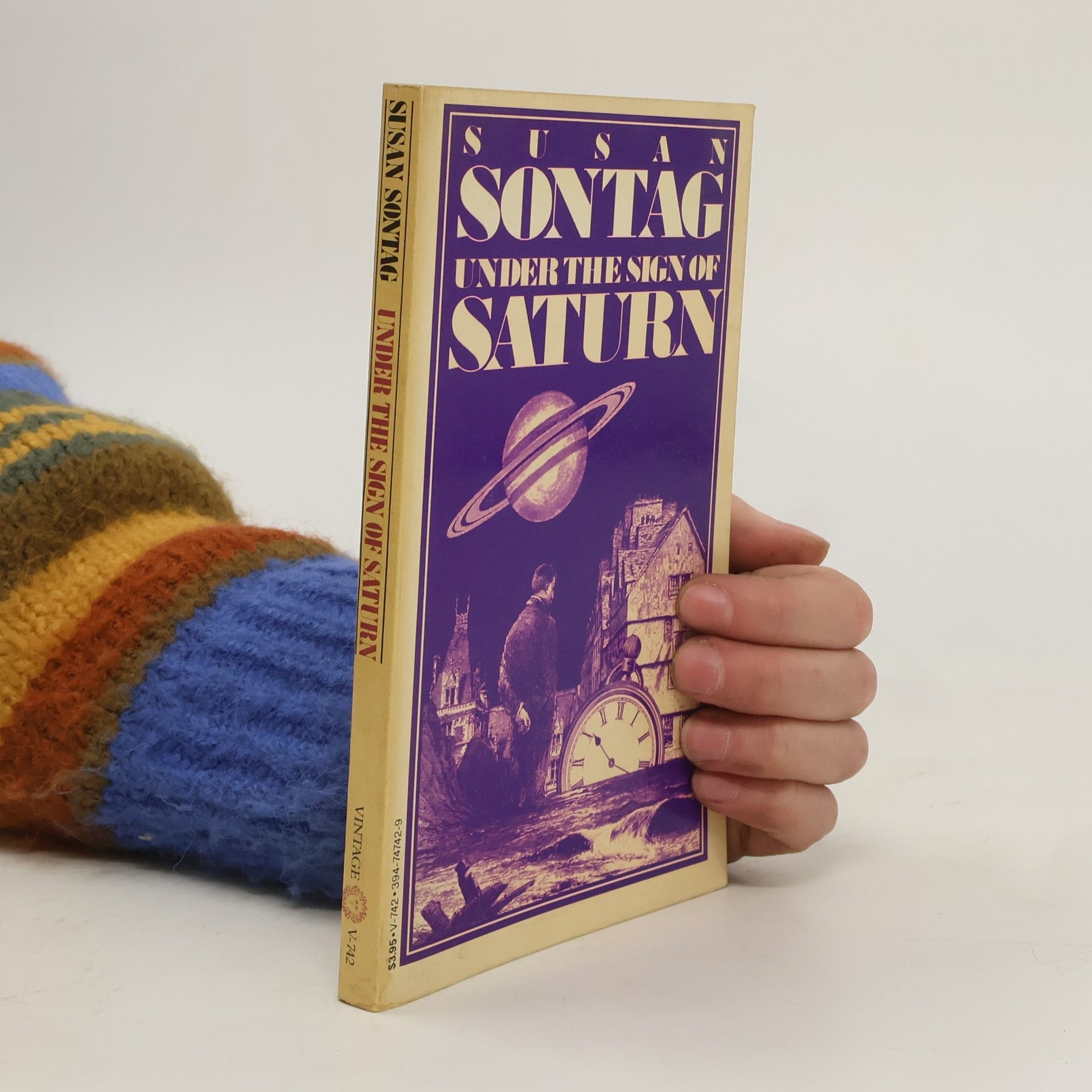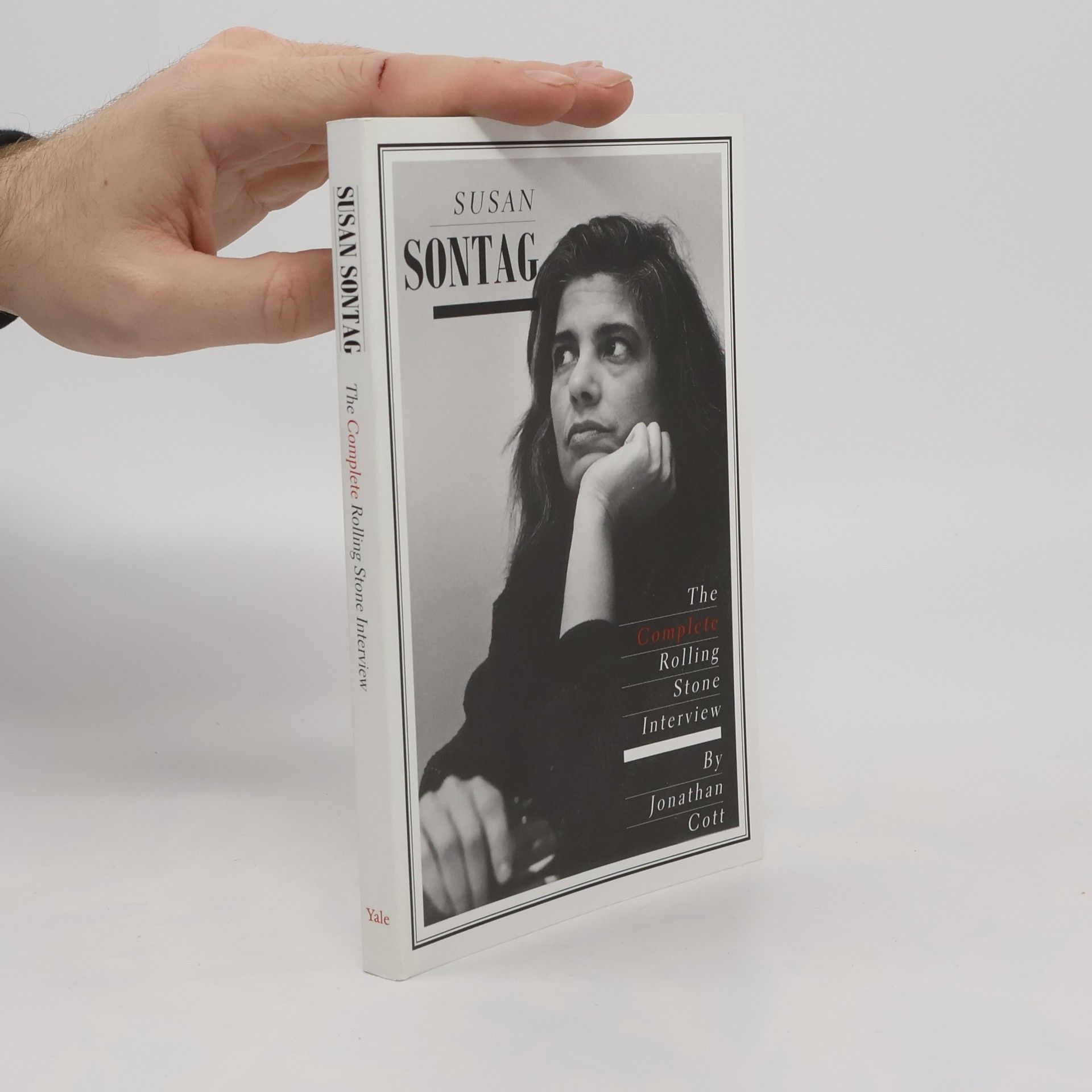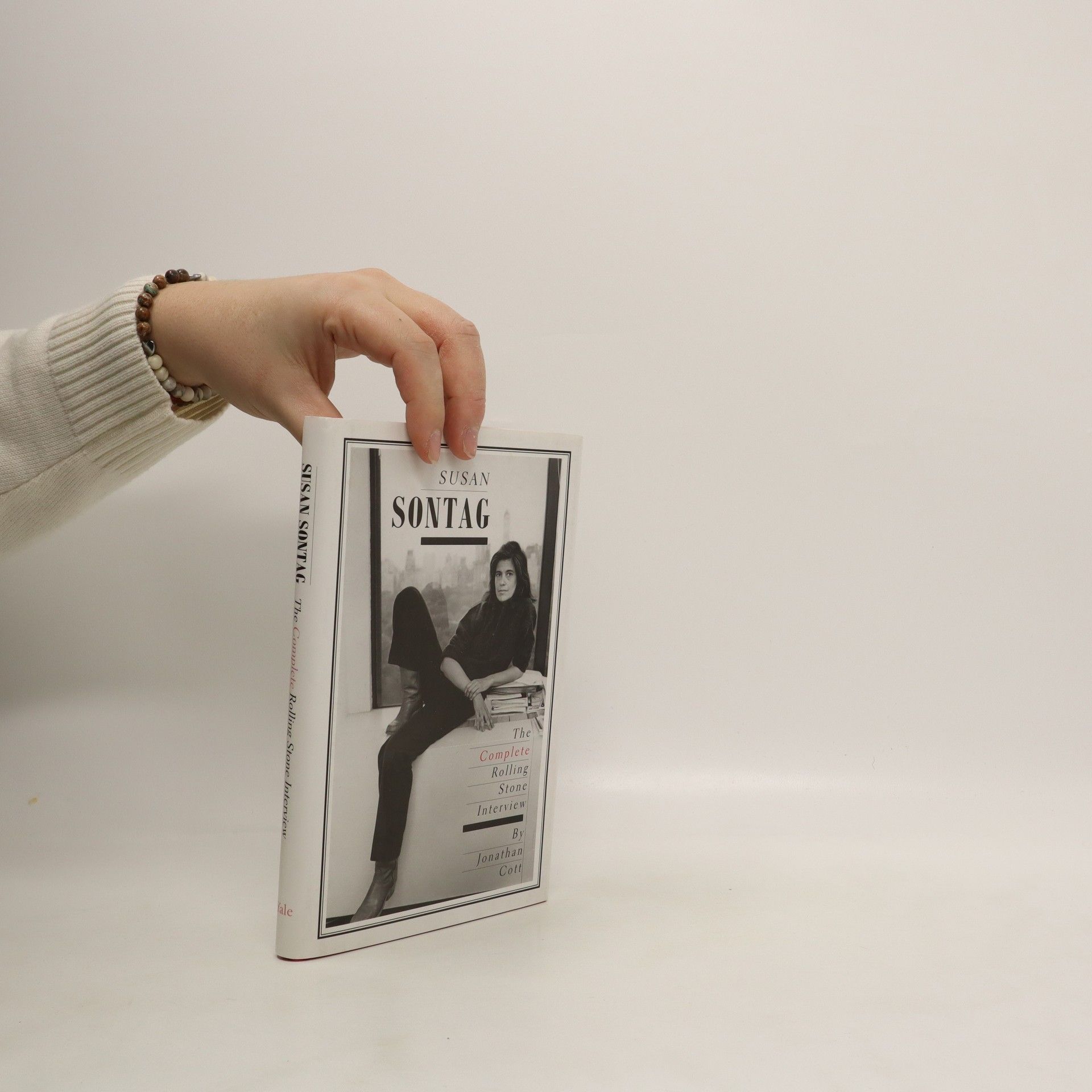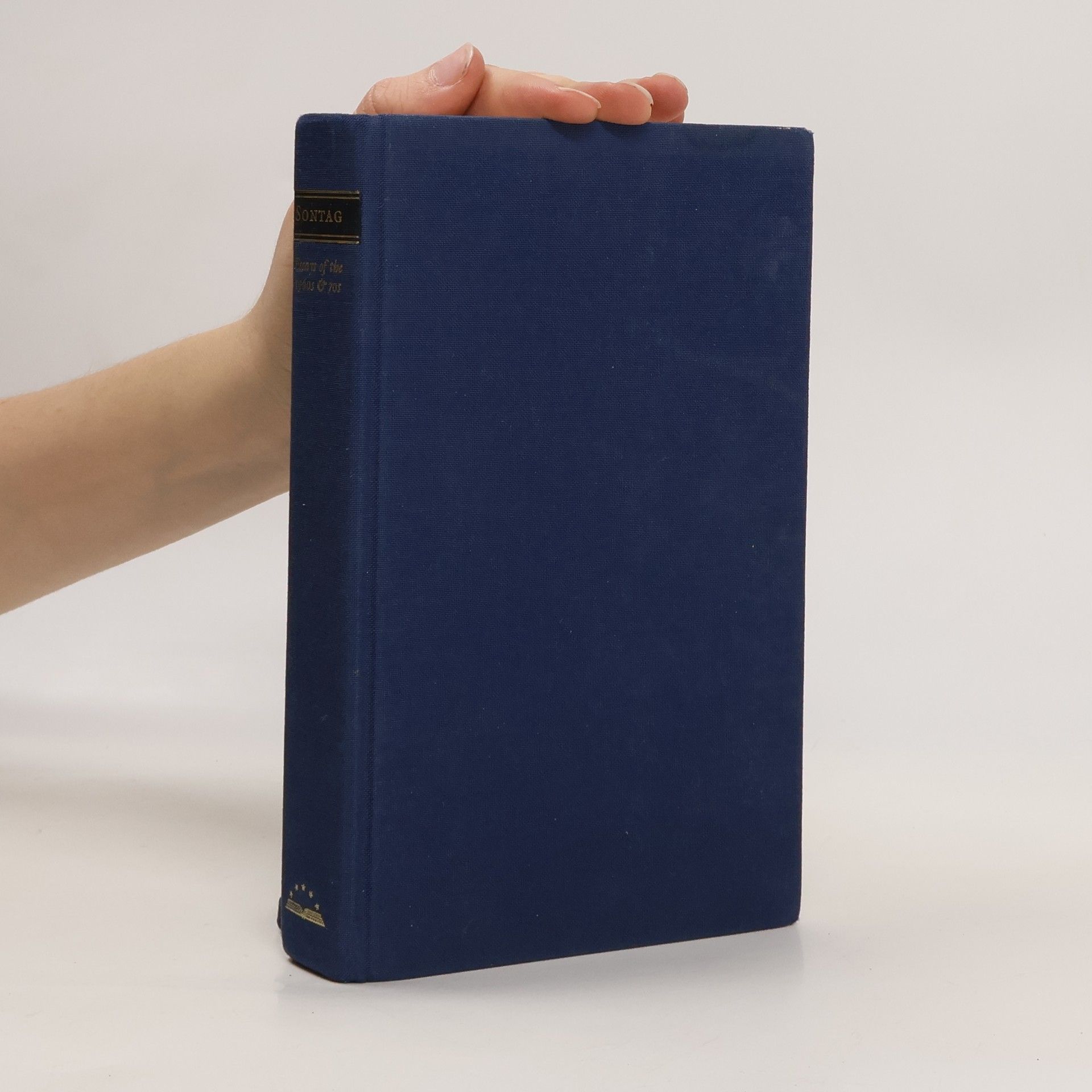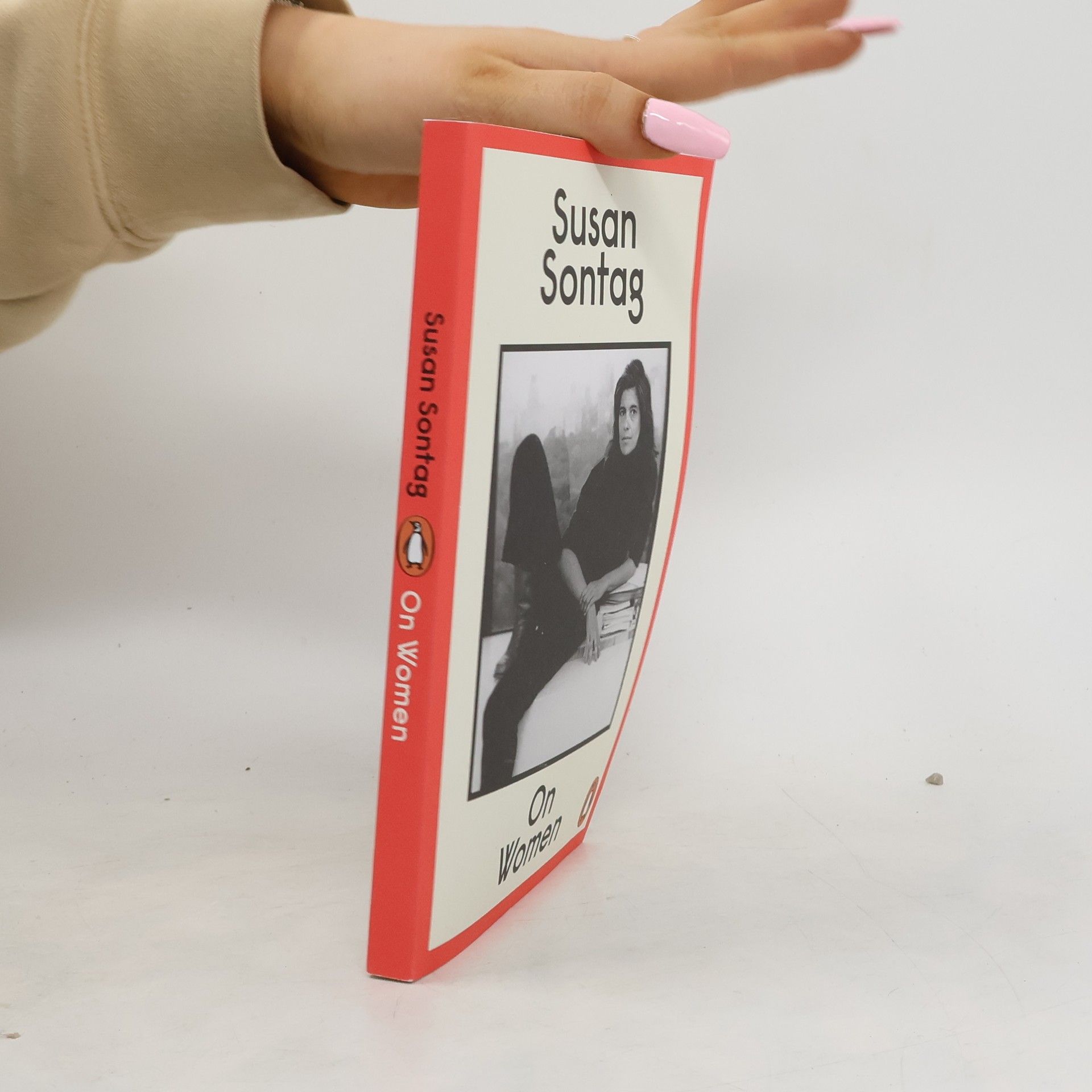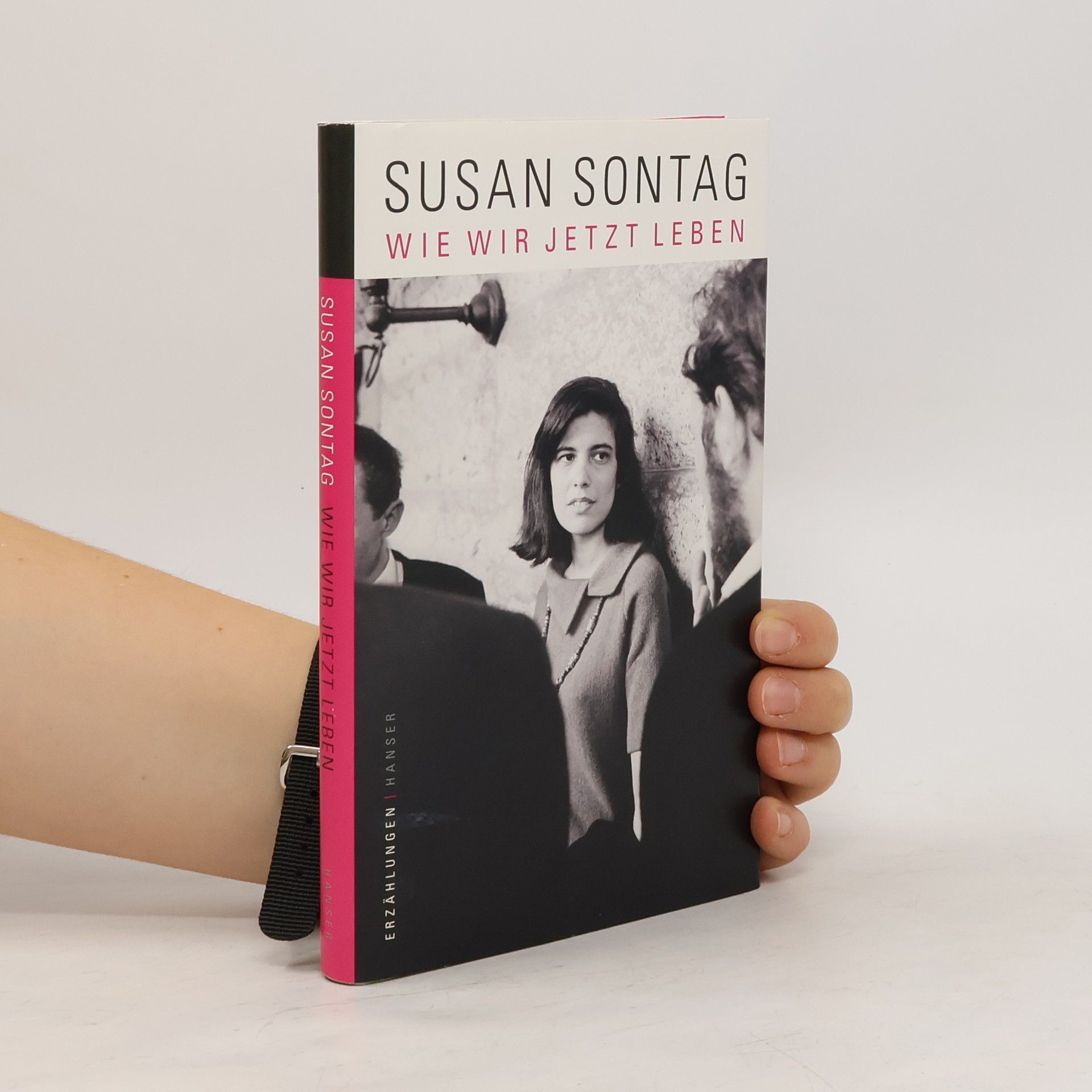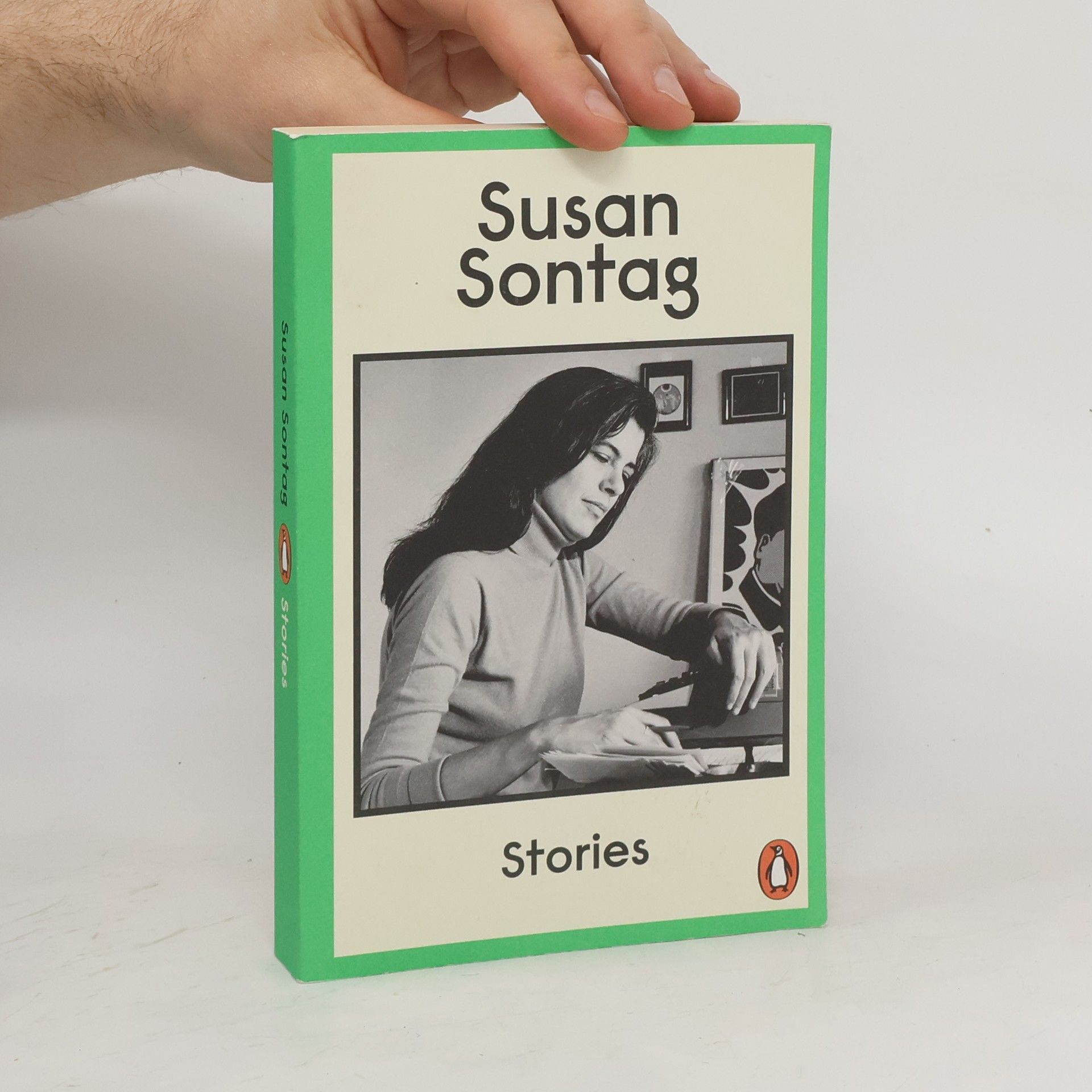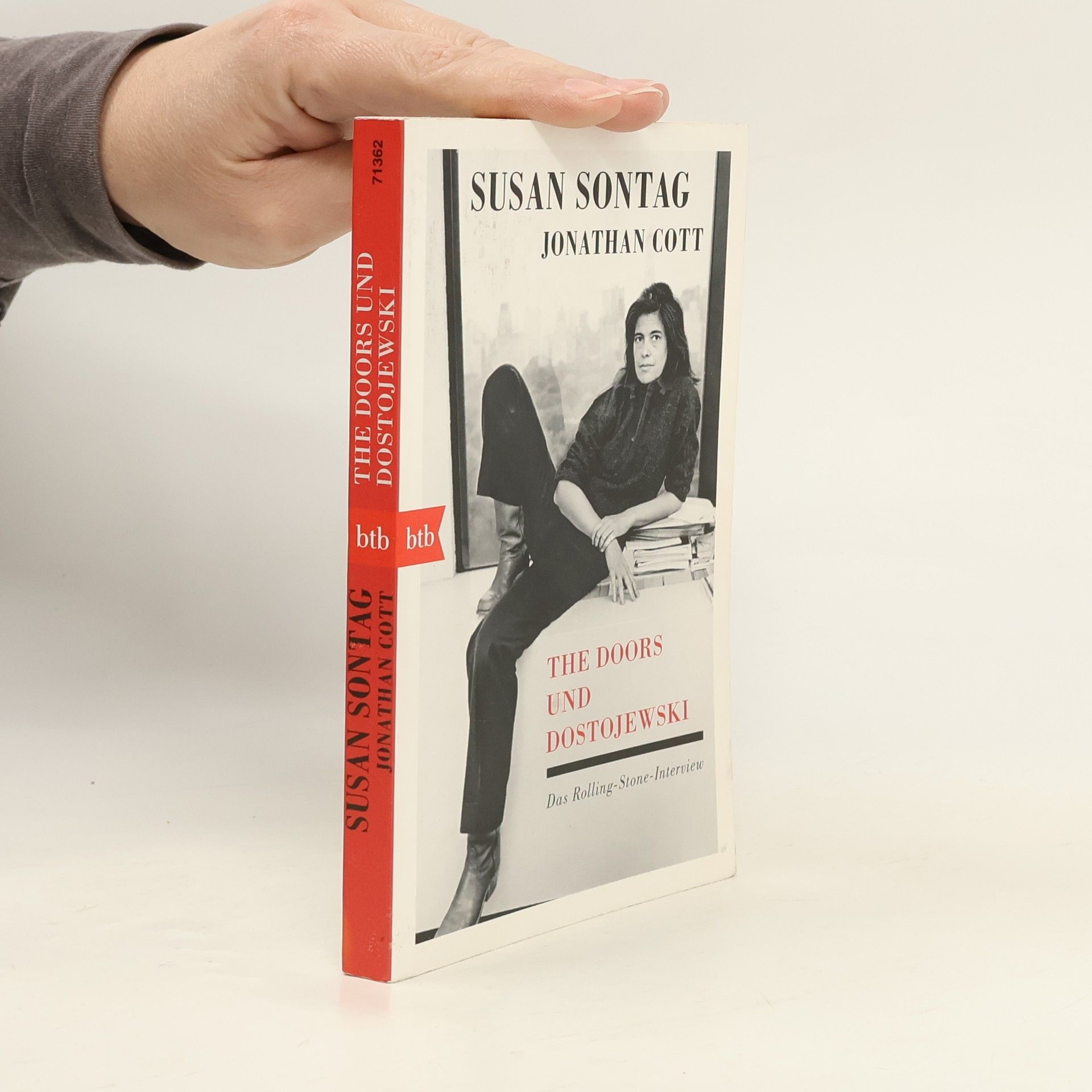Über Frauen
- 208 pages
- 8 hours of reading
Die intellektuelle Ikone Susan Sontag über Gleichheit, weibliches Altern, Schönheit und Sexualität – „Eine brillante, schillernde Intelligenz“ (The Times) Was bedeutet es, eine Frau zu sein? Der neue Essayband von Susan Sontag stellt genau diese Frage. Erstmals versammelt ein Buch ihre wichtigsten Texte zu ästhetischen, politischen und ökonomischen Aspekten des Frauseins. Und „beim heutigen Lesen kann man nur staunen über deren ihrer Zeit vorauseilendes Genie“ (The New Yorker). Sontag schreibt über Gleichheit, weibliches Altern, Schönheit, Sexualität und Macht und zeigt sich als Vordenkerin und Visionärin im Kampf um echte Gleichberechtigung. „Solange sich nicht ändert, wer Macht hat und was Macht ist, gibt es keine Befreiung, sondern nur Beschwichtigung“, konstatiert sie. „Über Frauen“ wehrt sich gegen jede Form von Beschwichtigung und ist in seinen Beobachtungen und Forderungen aktueller denn je für jeden feministischen Diskurs.


